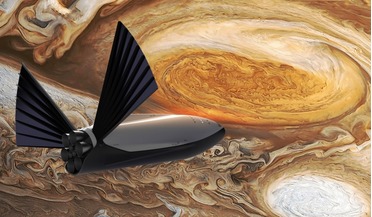 28 September 2016
Musk unveils ambitious plans for Mars
28 September 2016
Musk unveils ambitious plans for Mars
... punctuated with woops and cheers. Mr Musk, who founded private spaceflight company SpaceX in 2002, said his colonisation plan uses a fully reusable transportation system that would take 100 people and 80 days to get to Mars...
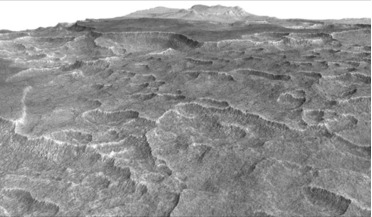 23 November 2016
Massive ice deposits found under the surface of Mars
23 November 2016
Massive ice deposits found under the surface of Mars
... buried not far from the surface, it could become a possible resource for future space dwellers looking to colonise the planet. Although the water deposit is now frozen, if different climate conditions prevailed in the past when...
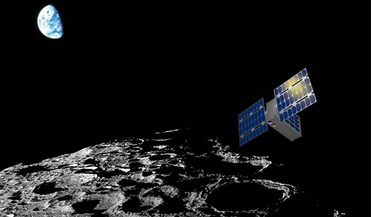 10 November 2017
CubeSat mission to measure water on the Moon
10 November 2017
CubeSat mission to measure water on the Moon
... hydroxide, both within and on the surface. Many have suggested that in order to make the next step to colonising another planet, we must first be able to set up home on the Moon and volatiles such as these could play...
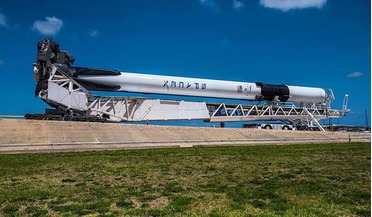 08 August 2018
The most reusable and reliable rocket ever?
08 August 2018
The most reusable and reliable rocket ever?
... 100 flights is another matter, as apparently SpaceX has plans to phase out the Falcon 9 to concentrate on its Mars colonising BFR system; a sort of huge interplanetary space shuttle used to ferry people to Mars that Musk unveiled plans...
 29 March 2019
Water on Mars is active today says new study
29 March 2019
Water on Mars is active today says new study
..., knowing that water could be easily accessible would be hugely advantageous, but this particular study is not about colonisation. For Heggy, these rare and puzzling water flows on Mars are of big interest to the science community...
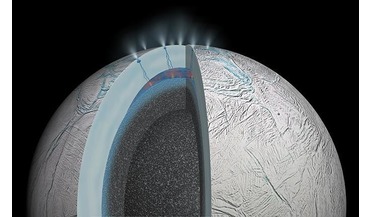 07 July 2021
Methane detected on Enceladus could be a sign of life, study shows
07 July 2021
Methane detected on Enceladus could be a sign of life, study shows
... rich in methanogenic archaea; methane-producing microorganisms that are thought to be among the earliest cellular life forms to colonise our planet. Methanogens are typically found in oxygen-depleted environments such as sediments as well as in the...